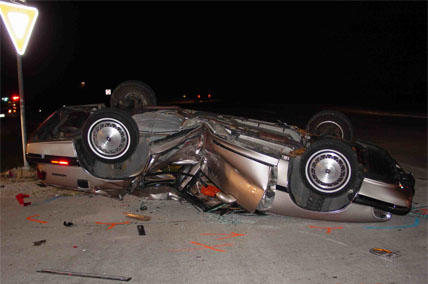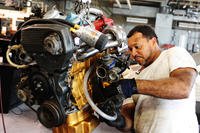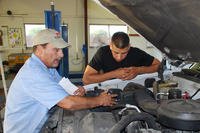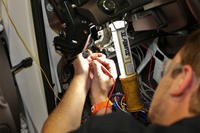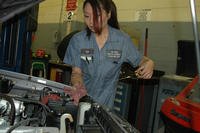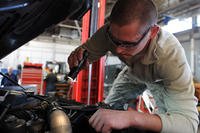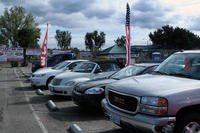This content is provided courtesy of USAA.
From the smell of burned rubber to the sounds of screeching tires and crumpling metal, the experience of a car accident can really shake you up. But, knowing what to do or not do after an accident can help keep a bad situation from getting worse.
| What to Keep in Your Glove Box |
|---|
|
"Did you know that you shouldn't apologize after an accident — even if you think you were at fault?" asks Michael Burns, assistant vice president of claims systems development at USAA. "An apology could be used against you later, regardless of whether you were entirely to blame."
Follow these other tips to help protect yourself, get back on the road quickly and put the wreck in your rearview mirror.
Get Help and Get to Safety
What you do in the moments after an accident could literally mean the difference between life and death for you, your passengers and others on the road.
Dial 911. If someone needs immediate medical attention, you should call for help before you do anything else. If you don't have a phone, ask someone nearby.
Clear the road. If your car is still drivable, carefully move it out of the flow of traffic to the shoulder of the road or a parking lot. A wreck that blocks traffic could create subsequent collisions.
Call the police. Some local laws require that the police are notified after any accident. Consult your state's Department of Transportation to learn the laws for your state.
Gather Information
"Try to get as many details from the accident scene as you can," urges Burns. "These details could be important to process your auto insurance claim and help determine who was at fault."
After emergencies have been addressed and you are in a safe location, use a smartphone, camera or pen and paper to record information from the scene. These pointers can help you cover your bases:
- If the police arrive and write a report, make sure to get the report number.
- Record the names of drivers involved, driver's license and license plate numbers, the number of passengers, and the year, make and model of each vehicle. You should share the same information about yourself.
- The police may instruct you to exchange insurance information, such as company and agents' names, phone numbers and policy numbers.
- Don't disclose details about your auto insurance policy, such as coverage limits or lien holders.
- Ask for contact information from other passengers or pedestrians, and any witnesses who might be able to verify how the crash occurred.
- As long as it doesn't pose a safety hazard or interfere with authorities, take photos or video of the accident scene and the vehicles involved.
